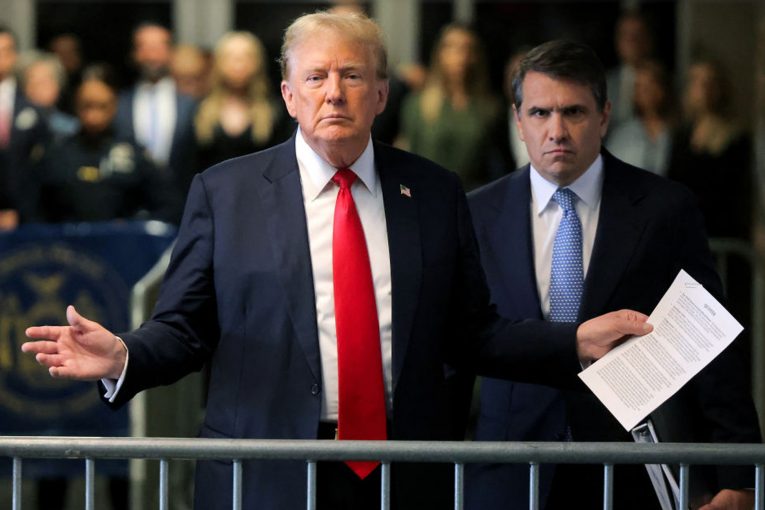
WASHINGTON, DC – Donald Trump’s U.S. Presidential election win could allow him to halt his federal criminal cases, claim legal experts, citing Trump’s renewed executive power, and a recent Supreme Court ruling on presidential immunity that may well shield him from prosecution, according to a Law 360 story.
Trump has vowed to fire special counsel Jack Smith, who is appealing a judge’s decision in one of the cases against Trump, writes Law 360, noting the case accuses Trump of unlawfully retaining sensitive documents.
Sandeep Prasanna, senior associate at Miller & Chevalier Chtd., explained that, legally, Trump would need a reason to fire Smith.
“There needs to be, at least on paper, a reason why an attorney general removes a special counsel,” Prasanna said.
Trump, however, has said he plans to “completely overhaul” the U.S. Department of Justice, said Law 360, adding Trump could replace Attorney General Merrick Garland with someone who would quickly remove Smith.
Federal law requires “good cause” to dismiss a special counsel, but Trump’s team may rely on the Supreme Court opinion that shields presidents from consequences for official actions.
This opinion, according to Jon Sale of Nelson Mullins Riley & Scarborough LLP, might prevent Trump from facing accountability.
If Smith is removed, the DOJ could seek to dismiss Trump’s cases, and judges generally defer to such requests, Law 360 writes.
Yet, as seen when a judge declined to drop charges against Michael Flynn in 2020, deference is not guaranteed, said Law 360, quoting Roger Stavis of Mintz & Gold LLP’s white-collar practice.
Stavis said Trump might avoid jail time during his term, despite his recent conviction. Trump was found guilty in New York for falsifying records to cover payments, and the case remains pending.
Law 360 notes Trump’s team could face additional hurdles with the FBI’s involvement in related investigations, and his supporters worry these cases could interfere with his presidency if not dismissed quickly.
If Trump’s efforts to dismiss his federal cases fail, he may consider a self-pardon, said Arlo Devlin-Brown, a partner at Covington & Burling LLP to Law 360, adding pardons often imply guilt, which could complicate Trump’s public image.
Trump’s re-election may test the limits of presidential power, potentially reshaping the future of executive authority and immunity, Law 360 said, suggesting these legal challenges are certain to unfold in unprecedented ways.